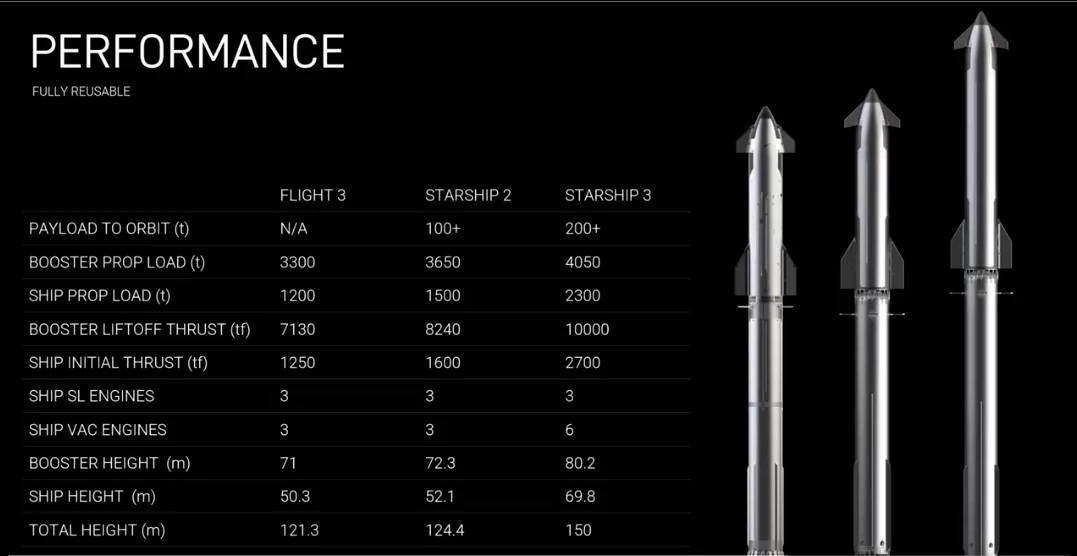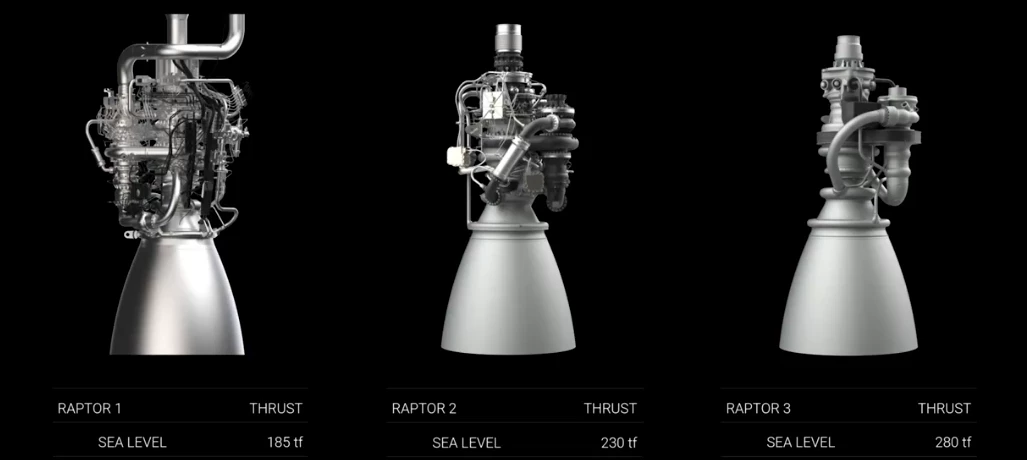Elon Musk is doubling down on his commitment to the colonization of Mars. In an address at SpaceX's Starbase facility at Boca Chica, Texas, he gave an update on how the advances in the company's Starship rocket and plummeting launch costs could one day see thousands of ships at a time heading for the Red Planet.
The founder of SpaceX has never made a secret of his ultimate goal of colonizing Mars in order to make humanity a multi-planet species. Though he has previously made rather optimistic predictions about when he plans to send the first pioneering spacecraft to begin settlement, he has remained adamant about how he sees populating the solar system and beyond as a hedge against the fall of civilization or even human extinction.
It's not a new idea. The concept was espoused by H G Wells, who was lampooned by C S Lewis in his book Out of the Silent Planet, and it's been a staple of science fiction for over a century, but with Musk projecting that SpaceX will soon be accounting for 90 percent of all orbital space launches and that his new rockets will cause the costs of those launches to end up in the basement, he's worth a listen.
At Starbase, @ElonMusk provided an update on the company’s plans to send humanity to Mars, the best destination to begin making life multiplanetary pic.twitter.com/PiX8XOgQs5
— SpaceX (@SpaceX) April 6, 2024
According to Musk, he sees the first colonies set up on Mars within 20 years and his company is already building superfactories and setting up launch sites to support this. In his vision, this won't be a small outpost like the ones NASA plans for the Moon, which will be only occasionally visited, but a city of a million people who are there for life.
Oh, and he plans to build his own Moon base as an aside.
The key to this is the rapid development of the Starship launcher and vehicle, which has already made three orbital test flights. Though none of these was a complete success and all ended with the premature loss of the vehicles, SpaceX is unperturbed because of its test-to-destruction policy of rocket development.

With a fourth flight scheduled for May, Musk is already predicting an up to 90% chance that the Super Heavy first stage will be safely recovered by the company's novel Mechazilla capture tower – which uses giant arms to secure the rocket during its power landing. A power landing of the second stage Starship will come later after new modifications.
In addition, six more boosters and craft are being constructed with the assembly rate expected to greatly accelerate.
Musk also outlined the changes to the Starship design. The cluster of Raptor engines used in the current test series provide 280 tonnes of thrust each. He projects that this will soon be boosted to 330 tonnes, giving the Starship launch system a total thrust at liftoff of 10,000 tonnes. This is due, in part, to the engines being greatly simplified by integrating things like coolant systems into the engines itself, making it lighter and more reliable.

Along with this, the Starship rocket will grow in size by 10 m (33 ft) and with much larger payloads of 200 tonnes to low Earth orbit. The second-stage craft will also be capable of in-orbit fuel transfer, with SpaceX already testing the technology.
Perhaps the most sobering prediction here is in regard to economics. Musk claims that when Starship 3 is ready for service, it will put its 200 tonnes into orbit for the same cost as the Falcon 1's half tonne, which would revolutionize the exploration and exploitation of space. US$9 million for 200 tonnes would be a drop by a factor of 400.
However, Musk being Musk, he isn't satisfied with that. He wants to build a fleet of Starships with specialized variants for the Earth, Moon, and Mars – the latter being designed to be dismantled upon landing to provide colonists with building materials. He foresees a convoy of a thousand ships assembling and fueling in Earth orbit as they await the optimum time to go to Mars – a window that occurs every 26 months for the beginning of the 259-day journey. That alone will require 10 launches a day every day to support.
Not to mention his plans for setting up fuel-cracking plants on Mars and all manner of infrastructure, including, if he can get the permission, nuclear power plants to run it all.

"If you can just imagine all of these starships waiting in orbit for the planets to align and then this gigantic Starfleet taking off for Mars," said Musk. "All right, so we're actually going to do this. And when you think about where this started out, this [Starbase] was literally just like a sandbar where we're standing right now. And now look at what we've done here. And we've gotten three flights off of Starship and we've got a fourth one coming up. And we're building a gigantic factory that will be able to output a massive number of ships. So it's real. We're actually going to do this. We're going to take humanity to Mars. And I'm confident you can do it."
Whatever the reality will be, you can't fault the man for thinking small.
Source: SpaceX









